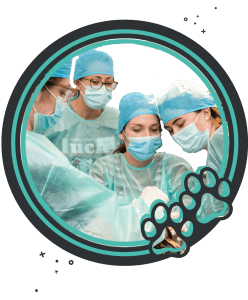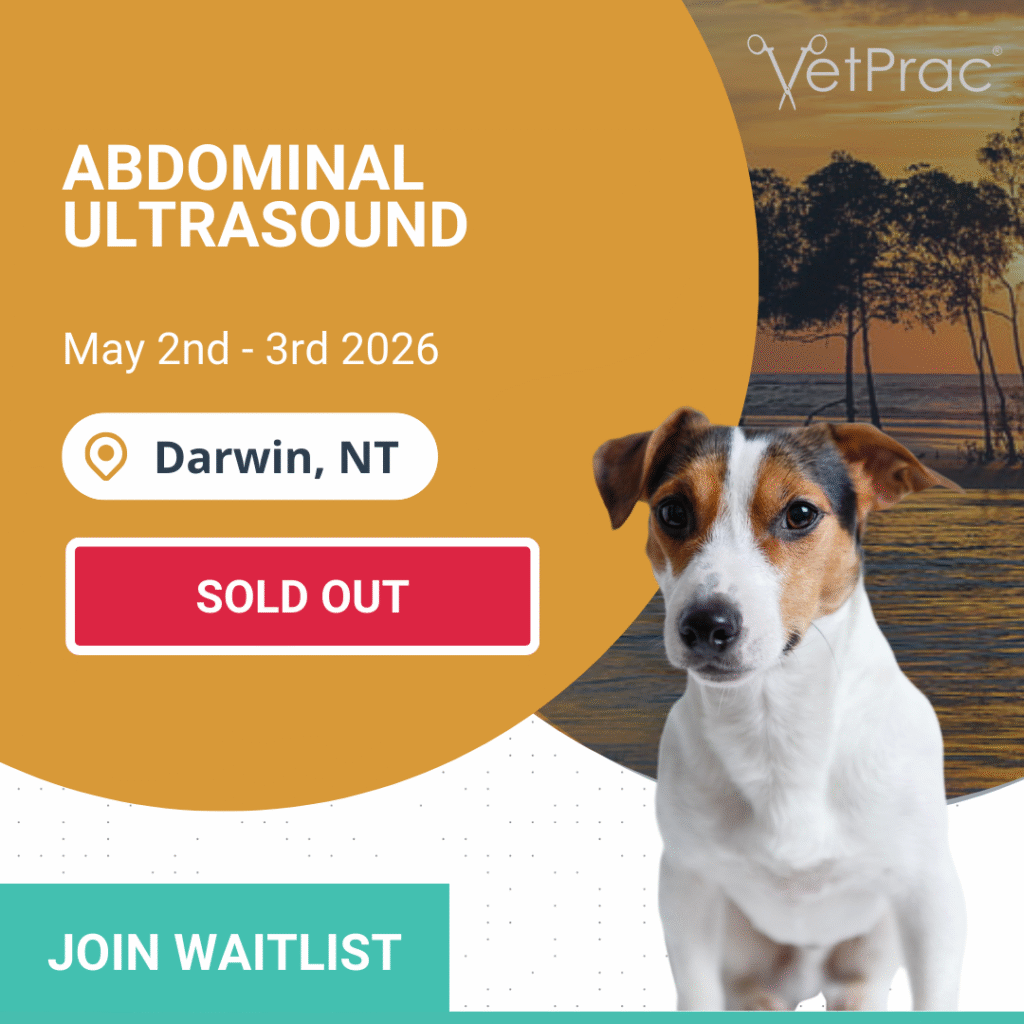Bridging the gap between learning and doing
UPCOMING VETERINARY EDUCATION
For more news and updates follow us @vetprac

VetPrac acknowledges Traditional Owners of Country throughout Australia and recognises the continuing connection to lands, waters and communities. We pay our respects to Aboriginal and Torres Strait Islander cultures; and to Elders past, present and emerging. Aboriginal and Torres Strait Islander peoples should be aware that this website may contain images or names of people who have since passed away.













